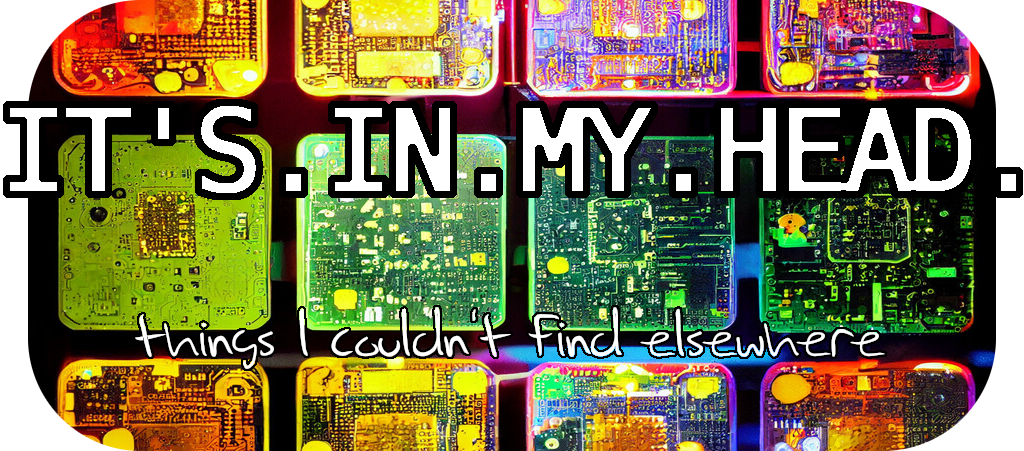Spotify - liberation or DRM-hell?
Spotify , seen by many as the music service Napster should’ve been and thus would have saved us from the last 10 years of evil piracy, has a darker side to it as well. To understand, let’s do some history:
First, one of the suggestions from the media industry on how to "solve the piracy problem" (that still hasn’t been shown to exist, worth noting) has been to create a "broadband tax ".
Everyone should pay for some imagined or real media usage to the existing rights holding companies. I wrote about this in a column several years ago (2003, not linkable), where I referred to it as being "the most brilliant business idea I’ve ever known". Imagine enacting laws requiring everyone to send money to a private entity that doesn’t do any actual work - when you’re the entity! (Sadly this is the case in several countries already, like Canada and Sweden , with a copy-tax on writeable media)
Naturally, file sharers and non-file sharers (in this blog post, let’s pretend that file sharing actually means distributing copyrighted works without proper support by law) have been in uproar with this silly idea. To start with, such a license scheme wouldn’t be able to know whom consumed what, and thus wouldn’t be able to distribute the eventual income fairly. It would also help to keep an outdated power structure in place (media companies of old actually did advertising, printing of media on physical substrates and costly distribution - including deals with storefronts with regards to shelf space) when it’s no longer needed (see; the Internet).
Secondly, that same industry fell in love with DRM - Digital Rights Management. Ignoring such things as the intention of law (in some countries, not-law), suddenly media wasn’t something you bought and could re-use or sell yourself (as it had always been), you instead consumed a license that could expire without warning and the things you had bought became worthless. Now, to be fair, thanks to the evil pirates DRM on audio died somewhere around 2007 and I’m projecting the end of DRM on video to begin already in 2009. After all, the world hasn’t ended and even some media company executives [children] might want to create their own ringtone from a piece of music they bought every once in a while. It might also help that there indeed were a few DRM services that closed up shop and everyone could see (and some experience) the very real threat of having paid for something that in the end amounted to nothing.
… so, let’s get back to Spotify.
-
It’s a flat tax (ad-supported or with real money) upon all its users, no matter what they listen to or how much. It’s not even a freemium -model if you want it available on your mobile .
-
You pay the equivalent of twelve full albums a year (how many of you have purchased that amount lately?) and end up owning nothing. When Spotify disappears, so will all the music.
Are you surprised that Spotify is owned by the media industry , who claim to make more profit out of it than actually selling you the (DRM-free) music available at digital music stores (while [at least one actual musician](http://torrentfreak.com/id-rather-be-raped-by-pirate-bay-than-go-with-spotify-090813/- you know, the ones who create stuff - argues he gets basically nothing)? I’m not. With minor exceptions, Spotify is exactly what they’ve been trying to accomplish over the last few years. The only surprise is that we seem to love it . [disclaimer: this blog post was written under the influence of music streamed through Spotify Premium]
